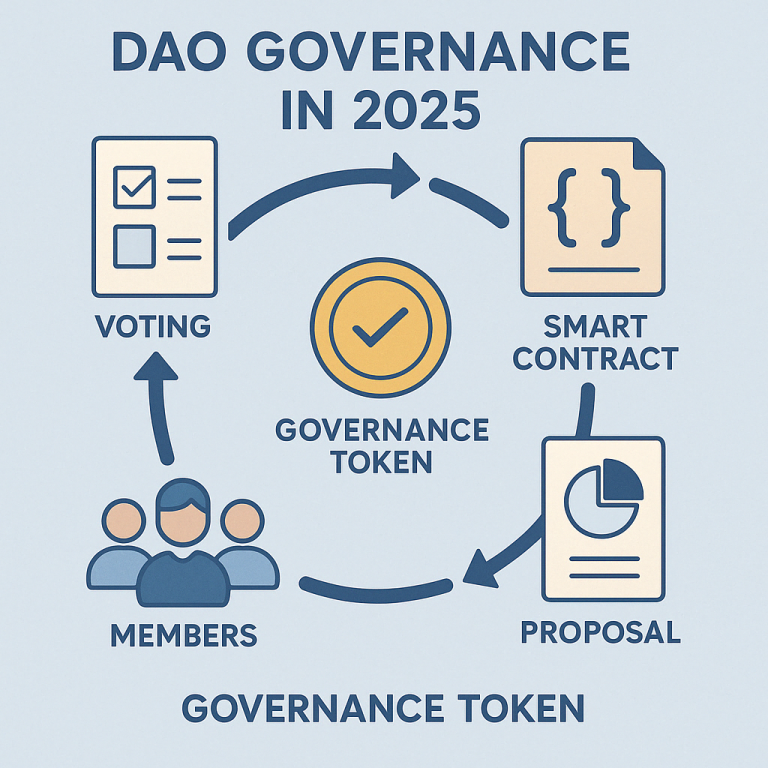Web3 News — April 18, 2025
🔥 1. Zora NFT or Memecoin? A Case of Market Confusion On April 17, Zora launched a new NFT collection on the Base network. However, a memecoin titled “Base is for Everyone” launched almost simultaneously, leading to widespread confusion in the Web3 community. Traders mistook the token for part of the NFT drop, resulting in…

